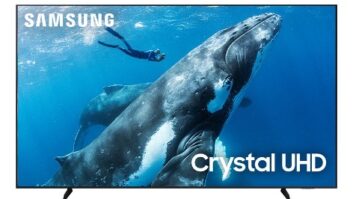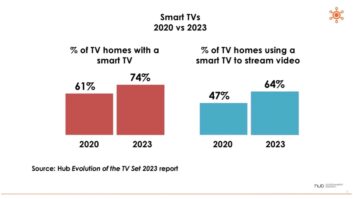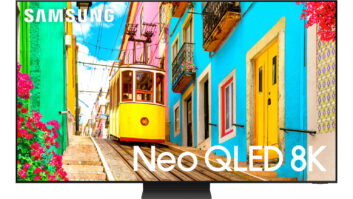Washington — The Federal Communications Commission (FCC) said Wednesday it is seeking comments on a petition for rulemaking filed by a group of TV manufacturers fighting what they call onerous licensing terms from some ATSC-technology patent holders.
The group, called CUT FATT — which stands for the Coalition United to Terminate Financial Abuses of the Television Transition — includes Vizio, Westinghouse and others. It has asked that the FCC intercede to prevent some ATSC-patent holders from imposing costly licensing terms on technologies necessary to produce affordable ATSC-compliant TV receivers in the United States.
The group is urging the FCC to “take immediate action to protect consumers against uncontrolled price gouging by DTV patent holders.”
“CUT FATT asked the FCC to hold these abusive patent holders accountable to stem the overcharging of consumers and today’s FCC action is the first step towards providing relief for millions of Americans,” said Amos Snead, CUT FATT spokesman.
The FCC is collecting information on the request, which can be submitted under the following guidelines.
“With the conversion to digital television slated for June 12, 2009, American consumers are poised to spend more than $2 billion on digital TVs in the next few months,” a CUT FATT statement said. “Unfortunately, in this critical transition year, consumers will be overcharged up to $1 billion and perhaps more by parties controlling rights to use the ATSC digital television standard adopted by the FCC in 1996. The overcharges in 2008 and 2009 alone will dwarf all consumer savings through the NTIA program, and the price gouging will continue until the FCC takes action.”
The organization is calling on the FCC to implement a two-step remedy including, a declaration that royalty demands for “essential” patents that exceed international comparables violate FCC rules and that “essential” patent holders have the burden of proving that their fees are reasonable and nondiscriminatory (RAND) based on international and industry comparables if their licensing terms are challenged.
It is also seeking the adoption of rules that encourage all essential patent holders to form a comprehensive pool offering all “essential” patents on a “free or RAND” basis. Any patent holder that chooses not to join a pool should be required to publish its licensing terms, and demands that exceed international or industry comparables by more than 50 percent should be deemed to violate the FCC’s “free or RAND” licensing standard, CUT FATT said.













